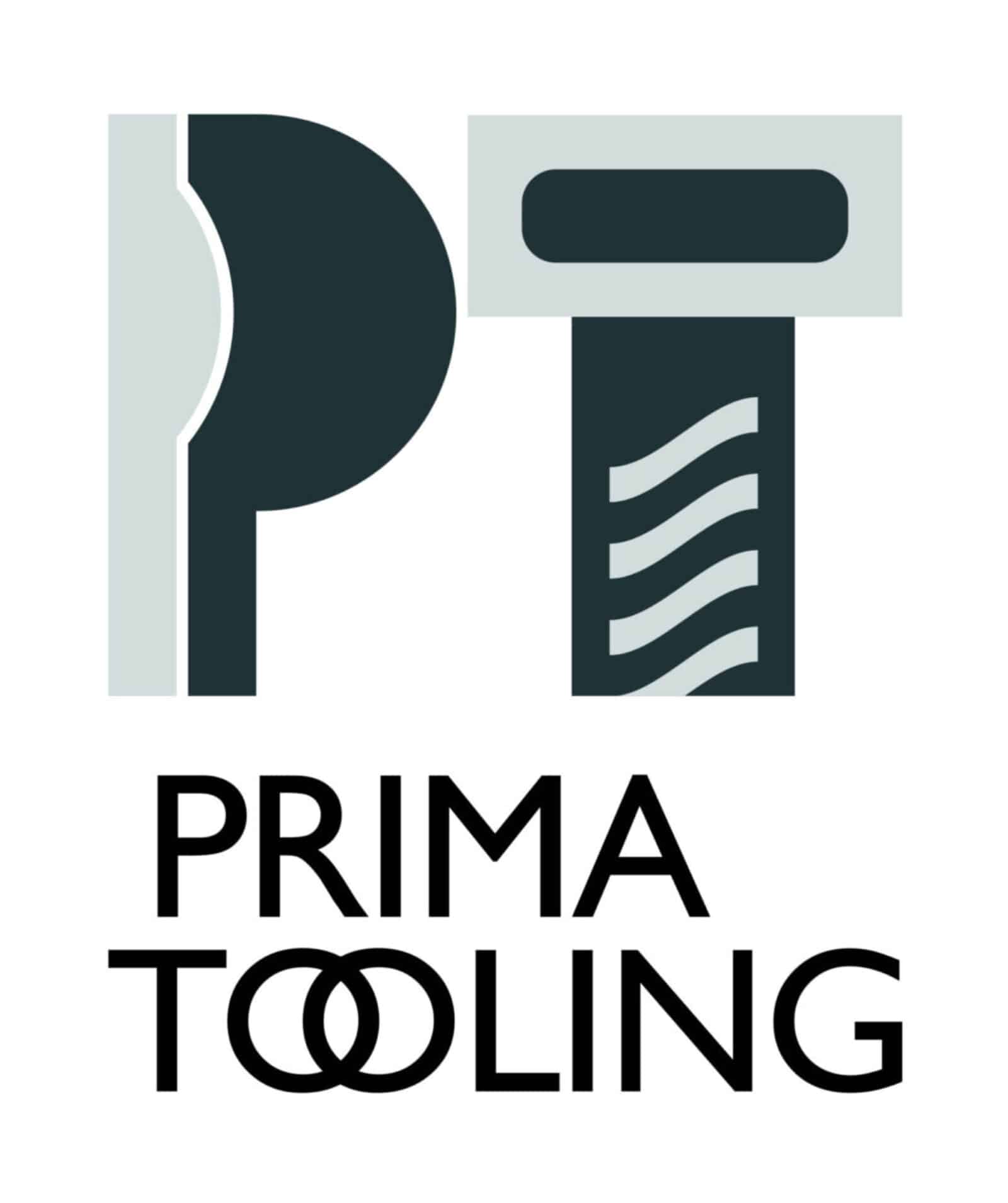Composite materials have revolutionised industries such as aerospace, automotive, and renewable energy, primarily because of their remarkable strength-to-weight ratio and design flexibility. The increasing adoption of composite materials in various sectors has led to a rising demand for advanced machining solutions to process these materials effectively. Among the numerous cutting tools available on the market, PCD (Polycrystalline Diamond) end mills have emerged as the clear frontrunner for composite material machining. In this comprehensive guide, we will explore the superior performance, precision, and durability of Prima Tooling’s PCD end mills and how they can dramatically improve your composite material processing capabilities.
As a leading manufacturer and supplier of high-quality CNC cutting tools, we pride ourselves on our extensive knowledge of cutting tool technology and innovation. Our PCD end mills are specifically designed for composite material applications, incorporating cutting-edge designs and state-of-the-art materials to ensure optimal performance and longevity. These highly specialised cutting tools offer unparalleled precision and efficiency, significantly reducing cycle times, minimising tool changes, and improving the overall quality of the machined parts.
In this in-depth article, we will delve into the unique features and benefits of our PCD end mills, their diverse applications, and expert tips to optimise tool performance and longevity. We will also discuss common challenges faced in composite material machining and how our advanced PCD end mills can help overcome these obstacles.
Key Features of Our PCD End Mills for Composite Materials
The unique properties and characteristics of composite materials demand specialised cutting tools to ensure successful machining and optimal results. Here are some key features of our PCD end mills that make them the ultimate choice for composite material processing:
1. Superior Material Composition: Manufactured using high-quality polycrystalline diamond, our PCD end mills offer top-of-the-line hardness and wear resistance, making them highly suitable for machining abrasive composite materials like carbon fibre and Kevlar.
2. Advanced Cutting Geometry: Our PCD end mills feature carefully designed cutting-edge geometry to minimise tool deflection, which ensures smooth and clean cuts while reducing the risk of delamination and fibre pull-out during machining.
3. Enhanced Chip Evacuation: The innovative end mill design enables efficient chip evacuation, reducing heat generation within the cutting zone and resulting in longer tool life and improved part quality.
4. Unmatched Versatility: Our PCD end mills are available in various flute configurations, cutting diameters, and lengths, catering to a wide range of composite material machining tasks and applications.
Applications and Industries: Where Our PCD End Mills Shine
The unrivalled performance and efficiency of our PCD end mills make them an ideal choice for composite material machining across a multitude of industries and applications, such as:
1. Aerospace: Manufacture of lightweight, high-strength, and wear-resistant components, like airframe structures, control surfaces, and engine parts.
2. Automotive: Production of fuel-efficient and performance-enhancing vehicle components, such as chassis, body panels, and other structural parts.
3. Marine: Fabrication of lightweight and corrosion-resistant boat hulls, decks, and other maritime structures.
4. Renewable Energy: Manufacture of lightweight yet rigid components for wind turbines and solar panel frames.
Optimising PCD End Mill Performance: Expert Tips and Best Practices
To maximise the performance and longevity of your PCD end mills in composite material machining, consider implementing the following best practices:
1. Choose the Right End Mill Configuration: Select the appropriate end mill geometry based on the application and material characteristics, ensuring optimal tool performance.
2. Optimise Cutting Parameters: Utilise the appropriate feed rate, spindle speed, and axial and radial depth of cut (ADOC and RDOC) to minimise heat generation and tool wear.
3. Employ Proper Coolant Techniques: Make use of suitable coolant strategies or suitable cutting techniques, such as dry milling, to prevent excessive heat, coolant contamination, and premature tool wear.
4. Utilise Appropriate Toolholding Solutions: Use high-quality toolholders with minimal runout to improve concentricity, ensuring consistent and precise cuts in your composite material machining tasks.
Overcoming Challenges in Composite Material Machining
Composite materials present unique challenges in machining processes. However, with our expertly crafted PCD end mills and the right techniques, overcoming these challenges is made significantly easier. Some common challenges encountered while machining composite materials are:
1. Delamination and Fibre Pull-Out: Ensure the use of sharp, optimised PCD end mills and appropriate cutting parameters to minimise these issues.
2. Heat Generation: Utilise cutting tools with efficient chip evacuation, keep cutting parameters optimised, and apply proper coolant strategies when needed to combat heat-related issues.
3. Rapid Tool Wear: The inherent abrasiveness of composite materials can quickly dull cutting tools. Finely crafted PCD end mills help mitigate tool wear and keep downtime to a minimum.
Conclusion
Composite materials have gained substantial traction across various industries owing to their remarkable properties and potential for innovative applications. To stay competitive in this growing field, equipping oneself with advanced tools like our PCD end mills is crucial to achieving efficiency, precision, and exceptional part quality in composite material machining.
Experience the unmatched performance and durability of our PCD end mills and transform your composite material manufacturing processes today. To elevate your composite machining capabilities and revolutionise your production workflow with Prima Tooling’s sophisticated PCD end mills, contact us now.
